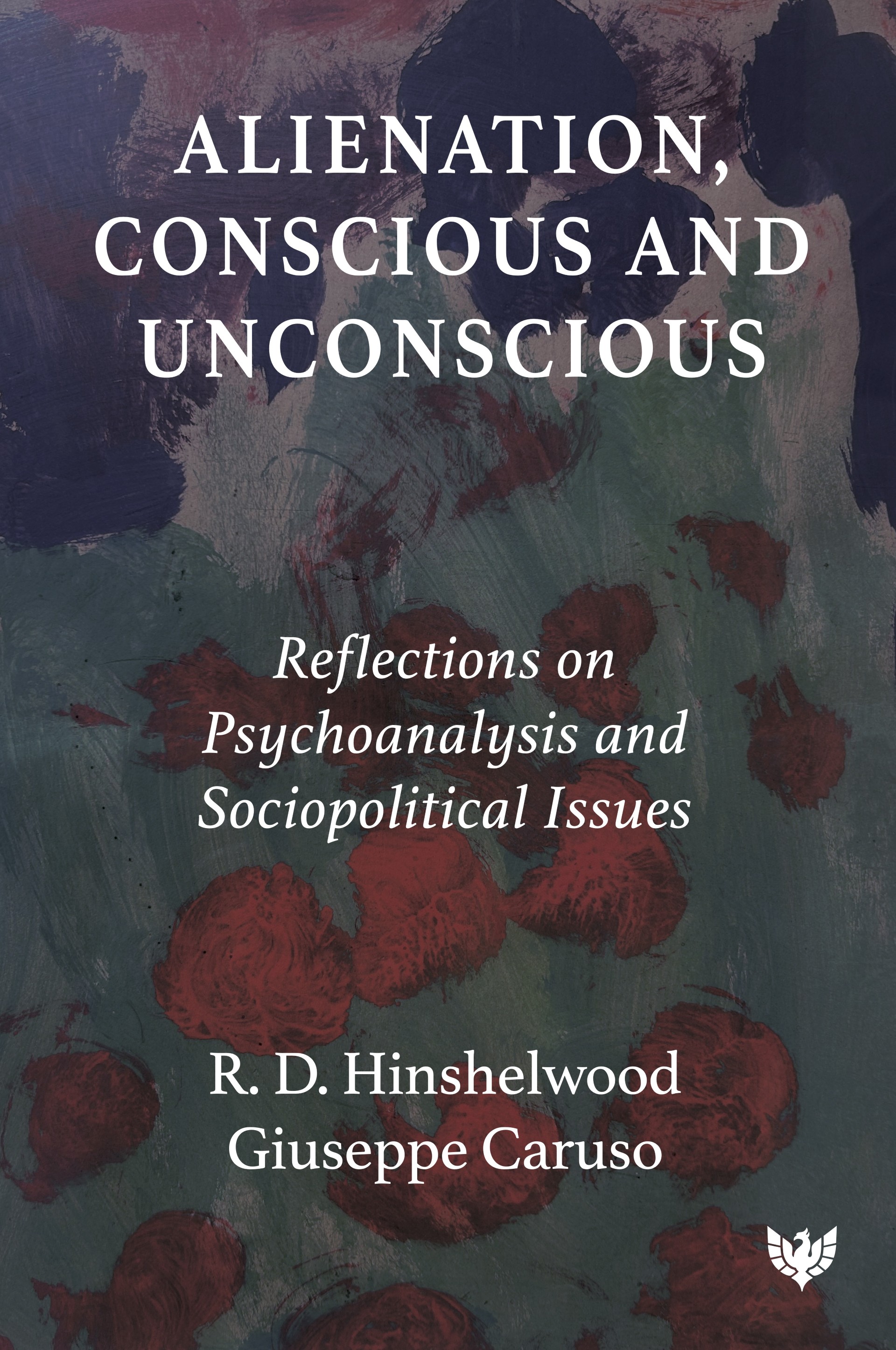Time for Change: Tracking Transformations in Psychoanalysis - The Three-Level Model
Part of IPA - Psychoanalytic Ideas and Applications series - more in this series

Book Details
- Publisher : Routledge
- Published : August 2014
- Cover : Paperback
- Pages : 400
- Category :
Psychoanalysis - Catalogue No : 35862
- ISBN 13 : 9781782201816
- ISBN 10 : 1782201815
Also by Marina Altmann de Litvan
There are currently no reviews
Be the first to review
How can we, analysts, evaluate whether analysis is generating transformations in our patients? The IPA Project Committee on Clinical Observation and Testing offers a tool: The Three-Level Model for Observing Patient Transformations (3-LM); a guide for refining, conceptualizing, and systematizing clinical observations about patient transformations. It seeks to enhance clinical observations, making them more accurate and more useful for theory testing and theory building through a systematic analysis of clinical material.
Time for Change: Tracking Transformations in Psychoanalysis - The Three-Level Model focuses on the question of how to observe changes in psychoanalysis. It presents the model and the outcome of having worked with the 3-LM tool, which has been applied to adult patients, adolescents and children, as well as in analytic training.
The 3-LM goes from clinic to theory, from implicit to explicit theory, from unquestioned hypotheses to reviewed hypotheses enriched by the work on the clinical material after its discussion by several participants with different perspectives. Firstly, the 3-LM seeks to make a careful characterization of the patient and his/her problems and capacities when (s)he enters analysis. Then, it observes later moments of his/her treatment and the positive or negative changes that have occurred during treatment, what has not changed, the relevance of changes, and how changes are explained. Reports are elaborated in each group which state the convergences and divergences that emerged during the group discussion.
Approximately 700 analysts from different parts of the world have participated in these clinical observation groups. They have found that this tool has proved useful and friendly for analysts, for it rescues and re-values the richness of the clinical experience between analyst and patient. It also allows us analysts to exercise our abilities and clinical sharpness as well as acquiring precision when communicating our work. It provides us with one way to monitor our work in a more subtle and meticulous way, offering a second look at the material for the benefit of both analyst and patient.
Reviews and Endorsements
‘With its impressive wealth of clinical observations and the accuracy of its methodology, this book offers a magnificent response to many doubts raised by the opponents of psychoanalysis. Clinical observation, enhanced and explored in depth, gives an idea of how much progress psychoanalysis has made in reflecting on its own method and transformational outcomes.’
— Stefano Bolognini, President of the International Psychoanalytical Association (IPA)
‘This book is an impressive achievement as it shows a contemporary, well-grounded, methodological approach to clinical observation, which is at the very core of the development of psychoanalysis. Its authors are among the most skilled analysts of today, both as clinicians and researchers. I am sure the readers will be rewarded with a stimulating journey throughout one of the most fascinating areas of contemporary psychoanalysis.’
— Cláudio Laks Eizirik, past President of the IPA and Professor of Psychiatry at the Federal University of Rio Grande do Sul, Brazil
‘This remarkable book addresses in new and original ways the challenges of psychoanalytic research and communication amongst colleagues: how to reflect systematically and collaboratively about, and be accountable for, the private and individualised work in each clinical dyad. Here, Marina Altmann de Litvan and her colleagues bring a creative approach to collaborative, systematic research and discussion about individual treatments. Time for Change gives new meaning to psychoanalytic research and collegiality and solves one of our most challenging professional dilemmas.’
— Nancy J. Chodorow, PhD, Training and Supervising Analyst at Boston Psychoanalytic Society and Institute Lecturer at Cambridge Health Alliance, Harvard Medical School
‘The systematic study of psychoanalytic clinical observations and their epistemological significance is about one hundred years overdue. This groundbreaking volume summarises not just what we can learn from clinical observation but, far more importantly, how. This book is an essential training and scientific tool for our time.’
- Peter Fonagy, PhD, FMedSci, FBA, OBE, Professor of Psychoanalysis and Head of the Research Department of Clinical, Educational and Health Psychology, University College London
About the Editor(s)
Marina Altmann de Litvan, PhD, is a child and adolescent psychoanalyst, a full member and training analyst of the Uruguayan Psychoanalytic Association, and a member of the Clinical Research Subcommittee of the International Psychoanalytical Association (IPA). She has been a member of the Education Committee and Co-Chair of the Education-Research Subcommittee of FEPAL, as well as Research Fellow and Visiting Professor at University College of London, Research Training Programme. She was also awarded the Biannual Exceptional Contribution Award from the Research Committee of the IPA for her research into verbal and nonverbal interactions in mother-baby psychotherapeutic process. She has published chapters of books and papers both in Spanish and English.
Customer Reviews
Our customers have not yet reviewed this title. Be the first add your own review for this title.
You may also like
The Wisdom of Lived Experience: Views from Psychoanalysis, Neuroscience,...
Maxine Anderson
Price £25.99
Alienation, Conscious and Unconscious: Reflections on Psychoanalysis and...
R.D. Hinshelwood
Price £34.19
save £3.80









